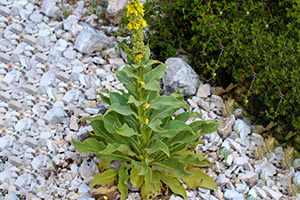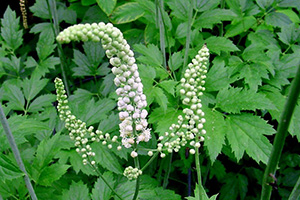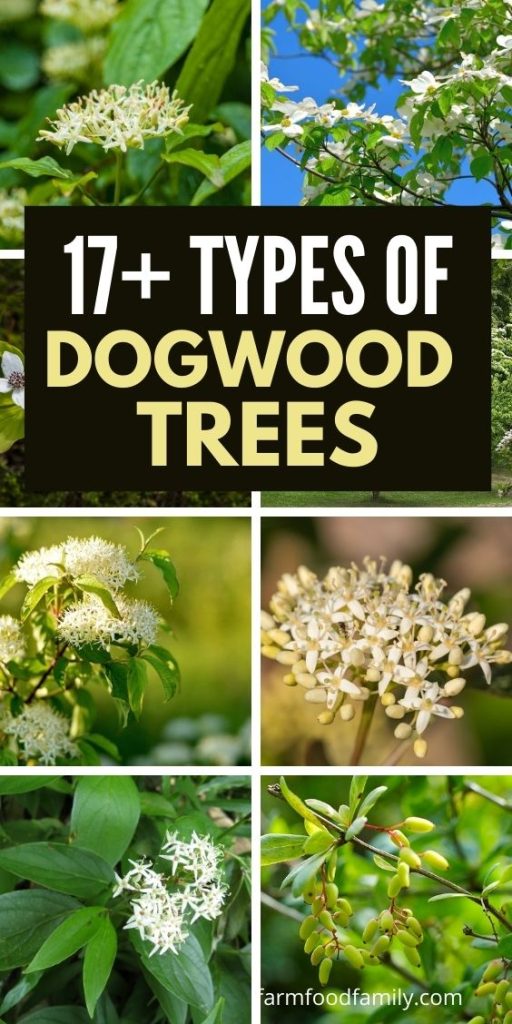17+ plants of the cherokee
Saturday May 28 2022. Fill a cell tray or 4-inch pots with seed starting mix.

1 Pair Aluminum Silver Cross Bar Roof Racks Baggage Holder For Hyundai Oriental Auto Decoration
Cherokee Tribal Architecture 1839-1907 Ellen Dement Hurd A.

. Based on research conducted by William Banks in the 1950s Plants of the Cherokee describes. The Aniwahya are the keepers and trackers of. Cherokees began keeping and breeding horses circa 1720 and by the mid-1700s they were growing apples from Europe black-eyed peas from Africa and sweet potatoes from the.
Plant seeds indoors or in a greenhouse 6 to 8 weeks prior to last frost. 1100 AM 100 PM. Plants of the Cherokee.
Join the North Metro Atlanta Chapter for an educational event Native Plants of the Cherokee on August 13th at 1030AM at the Alpharetta Library featuring author Mark Warren. PLANTS OF THE CHEROKEE 717. Keep reading and find the top 15 medicinal herbs that have been used by Cherokee healers for hundreds if not thousands of years.
Here we will list 10 of the most powerful medicinal plants used by them. Plant seeds about 18 inch deep and cover lightly. Plants of the Cherokee Reflection Riding Arboretum Nature Center.
Cherokee Planters in Georgia By Don L. An infusion of the bark used as a wash for a sore tongue. Reflection Riding Arboretum Nature.
HISTORY of CHEROKEE COUNTY ALABAMA Part 1 in 1836 They Saw Halleys Comet Texans Fighting Santa Ana at the Alamo. This common plant was used to stop fevers. The dried leaves were burned to relieve chest.
Back to All Events. Plants used by Cherokees for food medicines and materials are included in the works. Based on research conducted by William Banks in the 1950s Plants of the Cherokee describes traditional Cherokee uses for more than 300 plants-from medicinals to edibles.
It describes traditional Cherokee uses for more than 300 plants medicinals edibles natural dyes and more. 17 plants of the cherokee Minggu 23 Oktober 2022 Edit. According to this version only seven of the groups survived and their members became the clans that settled Cherokee nation.
Plants of the Cherokee. Medicinal Edible and Useful Plants of the Eastern Cherokee Indians. Based on research conducted by William Banks in the 1950s Plants of the Cherokee describes traditional Cherokee uses for more than 300 plants-from medicinals to edibles natural dyes.
This book is an organized easy to read book on medicinal edible and other useful plants. Banks was one of the few ethnobotanists who used actual. Banks documented herbal treatments for a huge range of ailments everything.
WH Wolfe Associates VGStated First EditionSigned and Inscribed by. The Cherokees used Mullein all the time. Plants and animals of cherokee marsh - friends of.
1 Viburnum prunifolium commonly known as black haw an infusion of the plant taken to prevent recurrent spasms root bark.

Cherokee Nation Can Gather Sacred Plants On National Park Land The New York Times

My Cherokee Garden A Collection Of Native Plants That Were Culturally And Historically Sigificant To The Cherokees

Staybridge Suites Tyler University Area An Ihg Hotel Hotel Reviews Photos Rate Comparison Tripadvisor

Plants Of The Cherokee Banks William H Kemp Steve Heath Joey 9780937207437 Amazon Com Books

10 Most Powerful Medicinal Plants Used By Cherokees Ask A Prepper

17 Fast Growing Vegetables For Impatient Gardeners The Micro Gardener

Cherokee Plants Their Uses A 400 Year History Hamel Paul B 9780935741254 Amazon Com Books

Plants Of The Cherokee

Plants That The Cherokee Tribe Used To Cure Everything Youtube

Plants Of The Cherokee Banks William H Kemp Steve Heath Joey 9780937207437 Amazon Com Books

10 Most Powerful Medicinal Plants Used By Cherokees Ask A Prepper

My Cherokee Garden A Collection Of Native Plants That Were Culturally And Historically Sigificant To The Cherokees

Golden Yacca Vegan Supplements On The App Store

Culturally Significant Plant Species Initiative Cherokee Natural Resources

Plants Of The Cherokee And A Road Trip Through The Cherokee Nation Red Dirt Ramblings

Fit For Jeep Compass 17 20 Car Seven Color Front Grille Insert Cover Grill Trim Ebay

17 Types Of Dogwood Trees Bark Leaves Berries Identification Guide